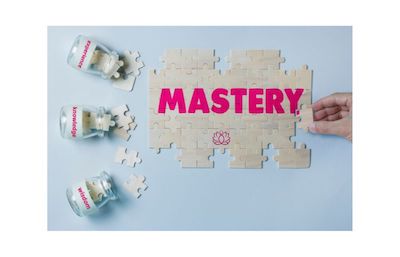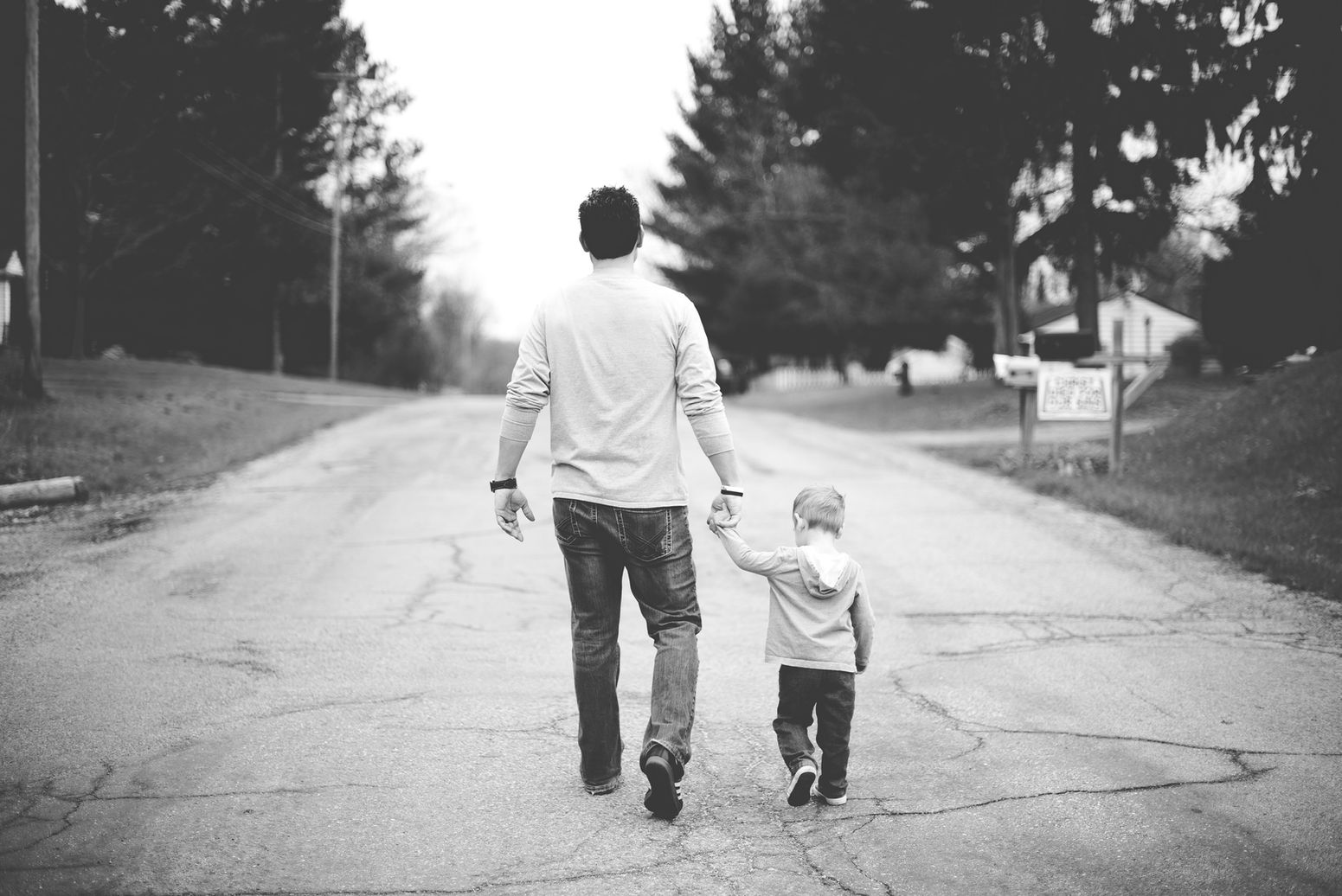The Effects of Being Emotionally Illiterate
Over the last couple of months life threw some challenges at me - my mother falling ill and having to travel to see her as well as losing a very dear friend of mine, a beautiful soul just 48 years young.
As a result of this demanding time, I wanted to share my thoughts with you about dealing with unresolved emotions.
Many of us have never been taught how to deal with our emotions and make space for them. This leads to:
- ignoring our authentic needs
- an inner disconnection
- finding connections with people or things outside of ourselves in an attempt to ignore challenging emotions
When you have this disconnection and unresolved needs people often look for connection in relationships, dating apps, traveling constantly, chasing peak or high intensity hobbies, in alcohol, drugs, social media, pleasing people so as to find validation…..and the list goes on.
When people use this external approach it can lead to several problems:
- It works temporarily
- It takes people further away from themselves
- It numbs the system
- It makes people feel worse afterwards
And it always makes people go back for more, and more, in the hopes that the feelings will go away.
The reality is the inner pain does not simply go away, no matter how hard people try not to feel the pain or unwelcome emotions.
If we don’t learn how to express emotions, the nervous system stays in an activated stress response. This leads to a build up of more stress hormones (adrenaline and cortisol) which impacts our mental and physical health.
The effects of unprocessed emotional experiences totally distort our perception of reality.
We see the world not as we should, but rather through the lens of unresolved emotions.
Just close your eyes and imagine feelings such as fear, sadness or anger are no longer uninvited guests but good, welcome friends. What do you think would change for you?
Changing the way you perceive challenging emotions creates an internal shift that has helped many of my students find a way out of depression, anxiety, grief, pain, shame and a whole range of other heavy emotions.
Once you learn how to relate to your emotions, rather than burying them away by pre-occupying yourself in external distractions, you will stop resisting and start to embrace emotions you find challenging.
By embracing your emotions you are able to listen to the needs of your body and nervous system which in turn will lead you to get back to connecting with yourself and doing away with external and temporary fixes.
You will find over time that as you embrace your challenging emotions the need to distract yourself will begin to slowly disappear - you will learn how to sit with what you need to feel, see and hear. The numbness will begin to dissipate.
This process will be similar to learning a new language. It will feel awkward to begin with. But as you master your internal language and face your unresolved emotions you won’t feel the shame when you start to fully express your emotions. When you use conscious and connected breathing you will be able to learn how to do away with your armor and trust the wisdom of your body.
Why is breathing so effective in helping you gain emotional control? We all have been in situations where we have been unable to talk our way out of extreme emotive responses to events like stress, anxiety, panic attacks and anger. Think about how you are in that moment and a friend or family member tells you to “calm down.” It rarely helps and makes matters worse.
We are constantly in a highly stressed state, and so we are unable to use the part of our brain that is responsible for rational thinking. This stops us from thinking straight or being intelligent with our emotions so we are able to effectively deal with people around us. However, we can circumvent extreme responses by using breathing techniques that will allow us to gain mastery over our minds and develop the skills needed to be more emotionally intelligent.
I often observe this mastery in my students; it usually takes a few breath-work sessions before the resistance softens and the emotions turn into friendly strangers, then interesting acquaintances and eventually into good friends.

There is so much evidence and works that show us how you can use breathwork to gain control over your emotions so that you will very rarely go into those extremely charged situations.
Your breath is the very tool needed to bring harmony and internal balance.
Here is a great book if you wish to read more on the topic of how breathwork can help you become more emotionally intelligent.
That’s it from me today!
Ps: Click here to find out more about the classes that will help you to start your journey to gaining control over your emotions in times that are challenging and overwhelming.
Pps: Please feel free to download the ebook that you can use as a family to help you all begin your journey of emotional literacy. Click here to download. The ebook will be free for the next three days. 💖
Abidah
I'm the creator of the Ambba™system that helps ladies like you to achieve overall mental well-being and physical health in a hectic world.
More Mind Articles
Walking - The Bygone Pastime
The simple stroll in the morning or evening is now a lost pastime, a faded memory for the older generation who enjoyed long periods in the fresh air... Read More


0 Comments